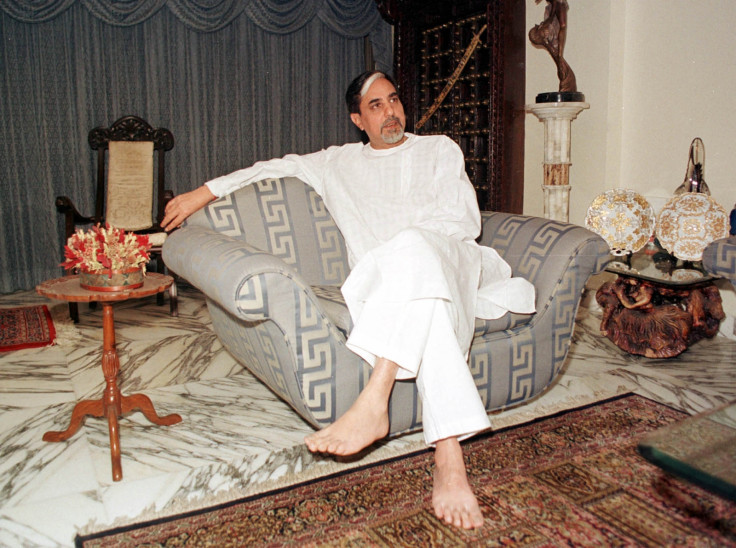Who is Subhash Chandra? Facts on Indian media baron, his net worth and rise to fortune
Chandra is the chairman of Essel Group, the company behind India's Zee TV network.

Subhash Chandra is the chairman of Essel Group, the parent company behind India's Zee television network. He is the 19th richest man in India and is a member of the upper house of the country's parliament.
Chandra was born on 30 November 1950 in Adampur Mandi, a village in the northern state of Haryana. The eldest of seven siblings, Chandra showed an aptitude for business at a young age.
His family's grain business fell into tough times during the late 1960s, forcing him to drop out of school and help out his father with work.
Chandra began rebuilding the family business by supplying grains and pulses to the Indian Army. He eventually left Haryana for the nation's capital Delhi and forayed into manufacturing, setting up a business to build tents from polythene sheets to store food grains.
Chandra got his big break in 1981, when he was awarded a lucrative government contract to export rice to the Soviet Union because of his connections with the ruling Gandhi family.
"We made huge profits... on this trade, which I conducted from 1981 to 1984," the billionaire wrote in his memoirs.
"This came to an end around 1984 when I was told that there was a lot of pressure from various quarters on [then prime minister] Rajiv Gandhi to recommend some other person for such contracts.
"I think [the Gandhis] were good to me because of my small but insignificant help when they were out of power."
Subhash Chandra fact file
- Name: Subhash Chandra Goel
- Date of birth: 30 November 1950
- Place of birth: Adampur Mandi, Haryana
- Nationality: Indian
- Net worth: £3.6bn
- Marital status: Married
- Name of partner: Sushila Devi
- Children: 2
Chandra expanded his business empire in 1984 by setting up a packaging business and, later, two high tech amusement parks outside Mumbai. However, his subsequent venture was his boldest yet.
A visit to a TV station in Mumbai inspired Chandra to launch a private satellite TV station, despite having no previous experience in broadcasting. He travelled to the Far East to meet with Richard Li, the son of Hong Kong business magnate Li Ka-shing, to discuss the possibility of setting up a joint venture satellite broadcast service in India.
Li turned down the proposal, forcing Chandra to lease the transponder for a pricey sum of $5m (£4m).
"I figured that if the channel was going to work, it was going to do so even at $5 million," he later recalled. "The existing media companies felt that satellite television would not succeed in the country. Since I did not know anything about the media business, I had nothing to fear."
The Essel Group launched Zee TV in 1992 – India's first private TV channel. Initially dismissed as being too down-market, Chandra set about cutting production costs and bringing in fresh talent to front his TV shows. Zee grew rapidly in popularity over the following months to end the monopoly of India's state-run broadcaster, Doordarshan.
Today, Zee's bouquet of 75 channels reaches more than one billion viewers in more than 170 countries.
"What helped me in making the business successful was that I always looked at every programme which we used to commission," Chandra said in 2010.
"I used to commission the programmes myself. I used to look at it as a viewer — not as a chairman of the television station."
Chandra split up his business empire between his two sons, Punit Goenka and Amit Goenka, and stepped down as chairman of Zee Media in May 2016.
© Copyright IBTimes 2025. All rights reserved.






















